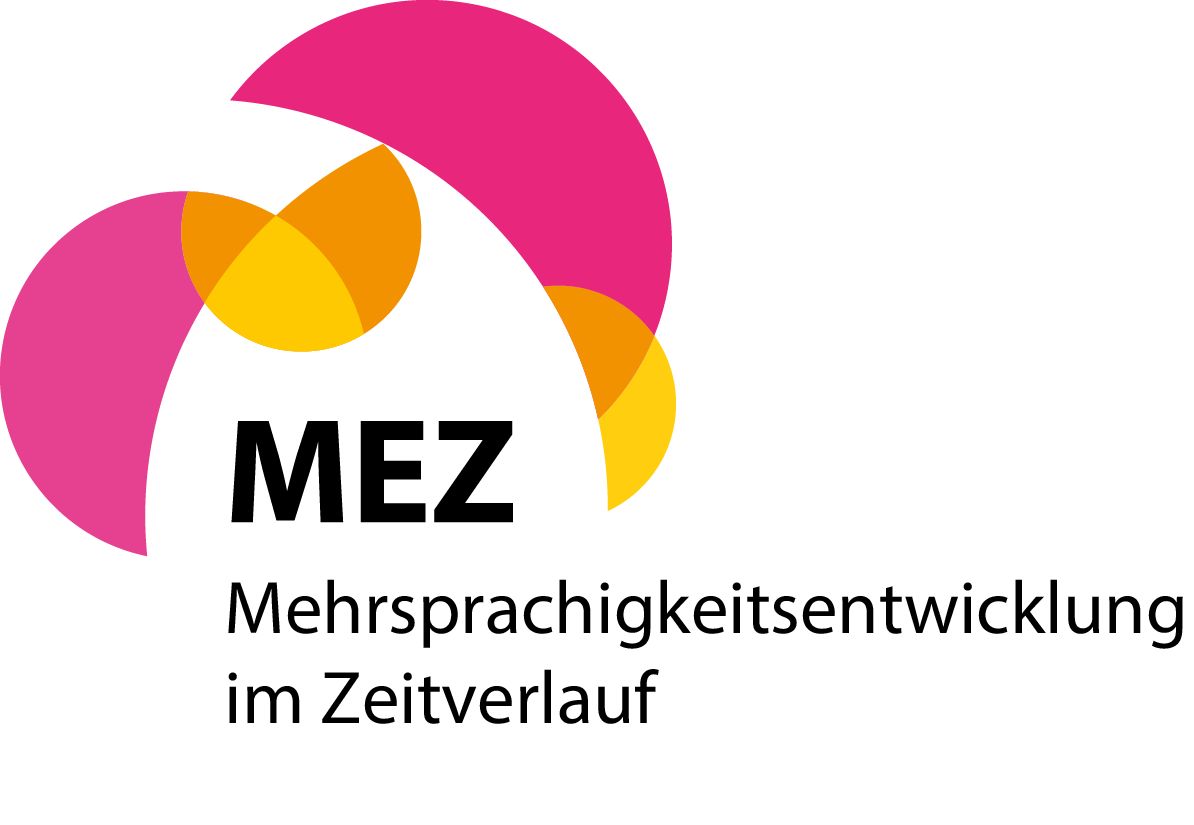Multilingual Development: A Longitudinal Perspective (MEZ)

Interdisciplinary collaborative project
Researcher: Prof. Dr. Peter Siemund
Following results from the international school assessments, Germany has seen a rapidly growing interest in the question of whether lebensweltliche Mehrsprachigkeit (everyday multilingualism) inhibits or facilitates educational achievement. By means of a longitudinal study with monolingual and multilingual school students in Germany, this study investigates the factors (both linguistic and non-linguistic) that positively or negatively influence multilingual development, and the effects these factors have on further dimensions of educational success (for example, on educational decisions).
The project aims to provide fundamental and practice-based insights into the individual development of multilingual competencies. On a societal level, this includes the identification of the conditions required for the sustainable preservation of societal coherence in what is linguistically and culturally an increasingly heterogeneous population. We believe that strengthening young multilinguals’ resources and potentials, including their lebensweltliche Mehrsprachigkeit (everyday multilingualism), can contribute significantly to this goal. The answers we find to our research questions will enable the identification of alternative courses of action that highlight the positive effects of lebensweltliche Mehrsprachigkeit, thereby improving educational opportunities, in particular for young migrants
Project partners: Prof. Dr. Dr. h.c. Ingrid Gogolin, Prof. Dr. Christoph Gabriel, Prof. Dr. Michel Knigge, Prof. Dr. Marion Krause
Cooperation: Sharareh Rahbari, Richard J. Bonnie, Kathrin Feindt, Eliane Lorenz
Duration: 2014 - 2019
Funder: Bundesministerium für Bildung und Forschung (BMBF)
Web:
